At Sahm Home Inspections, our job isn’t complete until you feel comfortable and all of your questions and concerns are answered.
See our Privacy Policy for details on how we handle your information.
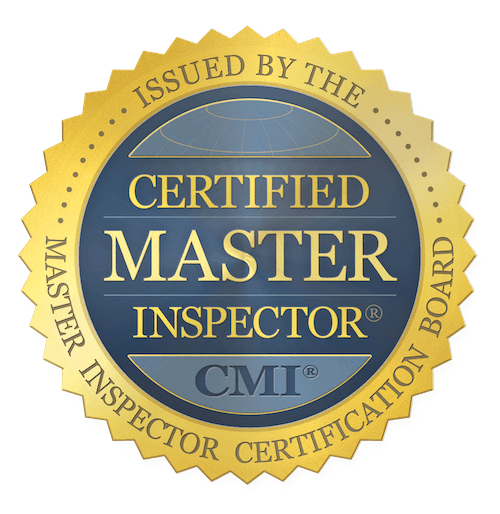
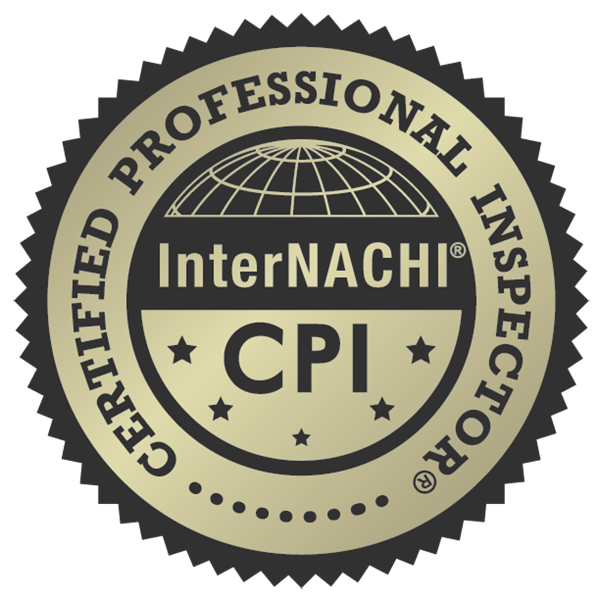
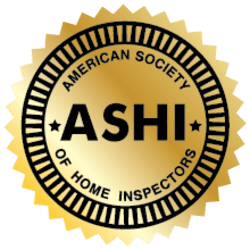
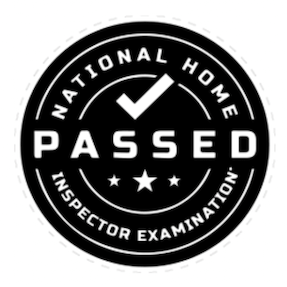
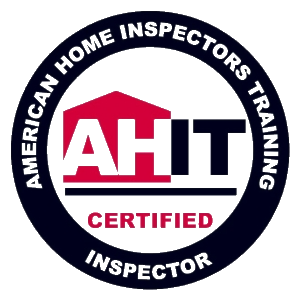

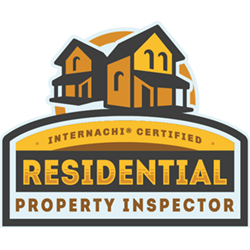
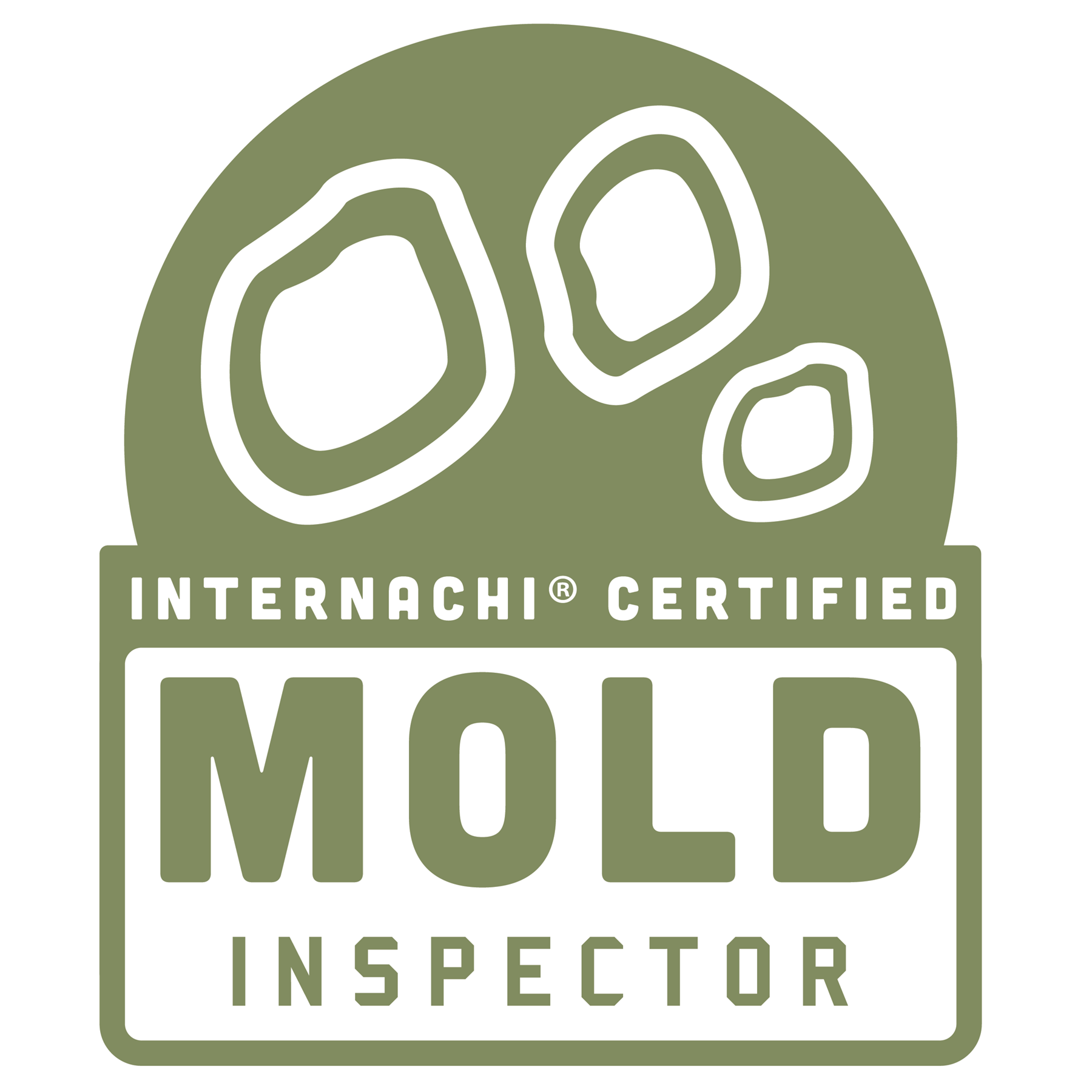
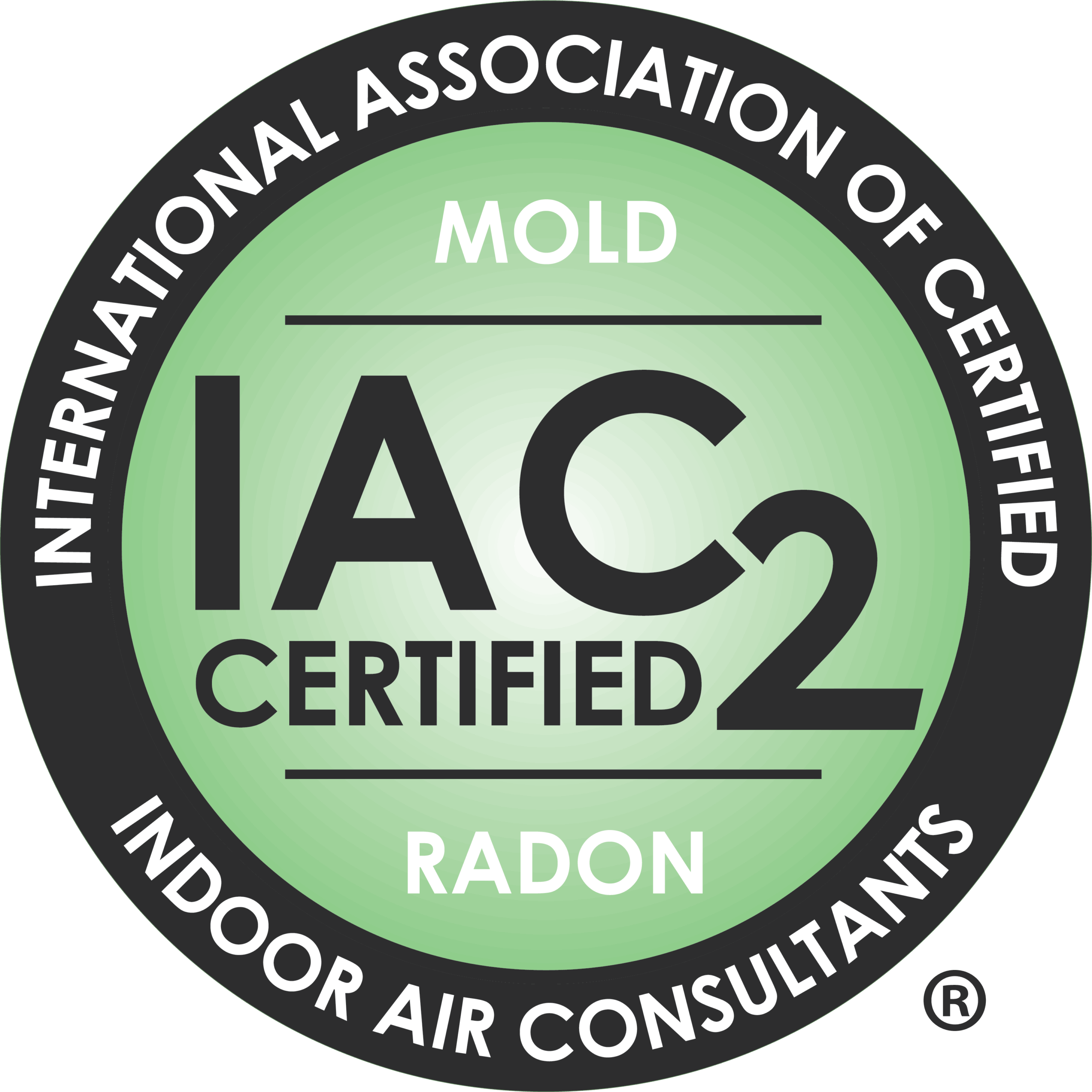
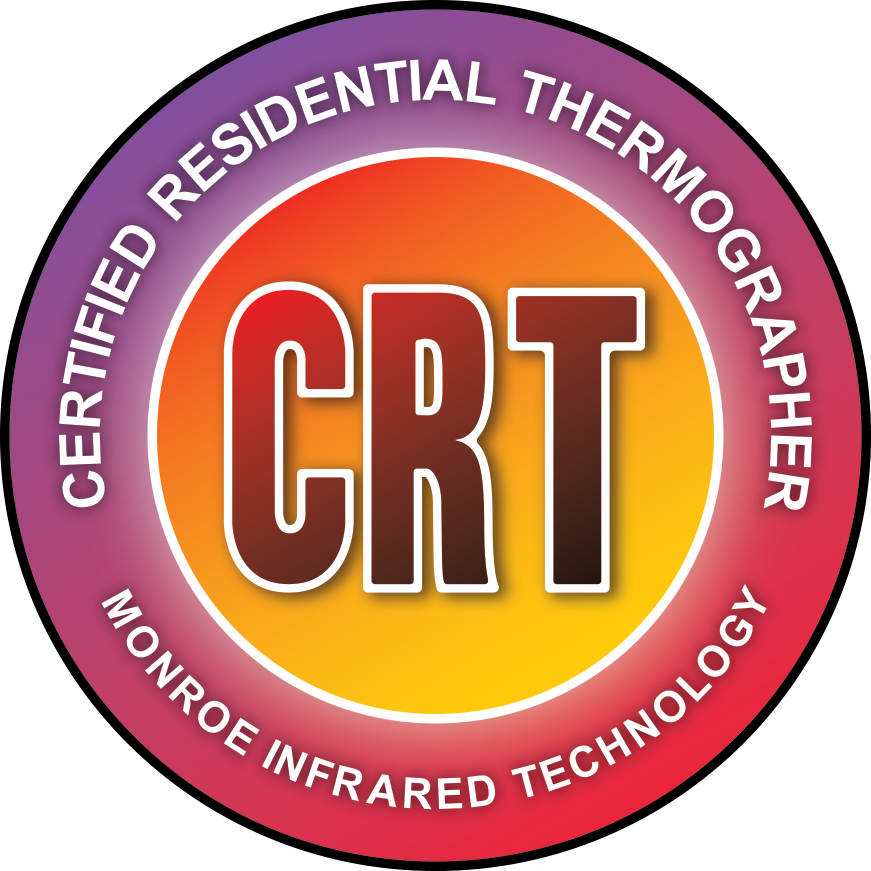
Providing Residential Inspections (SFH, Condos, Multi-Units), Radon Testing, Sewer Scoping, Chimney Camera Inspections, Mold Inspections & Testing, Indoor Air Quality Testing, Electrical Panel mapping (CircuitIQ tech), Infrared Thermal Imaging and more for Chicagoland, including: Metro Area including: Chicago, Littleton and Centennial.
